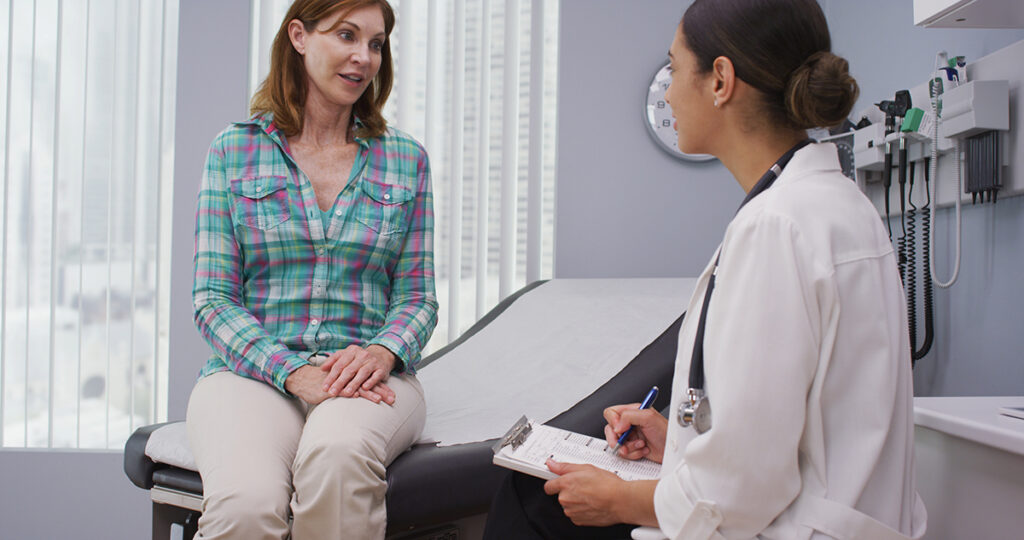If you’re concerned you might have a substance abuse issue, talking to your doctor about it is an essential part of receiving a diagnosis and getting the appropriate support to help you recover. Why should you be honest with your physician about the extent of your substance use?
Your Doctor Can Give You Qualified Health Advice
You might worry that your health professional will judge you for asking questions about drinking or drug use, but open and honest communication with your care provider is crucial to ensure you get the best, most appropriate advice and treatment. Remember, due to HIPAA, any conversation you have with your doctor will remain private and confidential and won’t leave the exam room.
Checkups with your doctor should touch on all aspects of your health, including your physical activity level, mental health and any intoxicants you regularly consume. Knowing how often and how much you drink or take drugs can assist your doctor in identifying potential risks and prescribing the appropriate medications or treatment regimen.
Starting a conversation with your doctor about drinking or drug use may feel intimidating, but remember that by getting the right information now, you may be saving yourself much more trouble and pain down the line. By being aware of your habits, a health professional can make a more informed decision about your medical care.
Do You Need a Doctor’s Referral to Enter Rehab?
Many addiction treatment centers don’t require a doctor’s referral, but it can still be beneficial to have an official medical assessment of a substance use disorder, especially if you’re not sure whether to enter long-term treatment. A health care provider can also help you identify ways to cut back on your drinking or drug use and live a healthier lifestyle overall.
While many people assume they don’t have a substance abuse issue as long as their drug use or drinking doesn’t disrupt their daily lives, your habits could still be adversely affecting your health. Even if you think there’s nothing wrong with the amount you drink or take drugs, putting your use on your doctor’s radar can help them alert you to red flags of a budding addiction.
Evaluating Your Holistic Health and Wellness
Perhaps you’re questioning whether you have a problematic relationship with alcohol and drugs, or if your use has crossed the line from casual to severe. Or, maybe you’re like the thousands of Americans with a family history of addiction, and you’re wondering what precautions you can take to ensure you don’t follow them down the same hereditary path.
If you have a question or a nagging concern about your substance use, your doctor is the perfect person to have an honest conversation with about your drug and alcohol use and the warning signs of an increased tolerance, dependency and addiction. Don’t allow any fears of experiencing stigma be a barrier between you and the information and resources you need to get treatment, if necessary.
Next Steps to Take After Talking to Your Doctor
If your physician has suggested enrolling in a substance abuse treatment program, you’ll want to find an environment where you feel welcomed and supported. At Canyon Crossing Recovery, we offer accredited women’s-only addiction treatment that will teach you valuable skills and coping strategies for managing your illness. Contact us when you’re ready to learn more.



